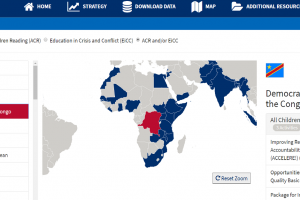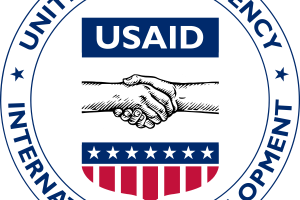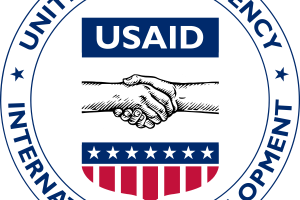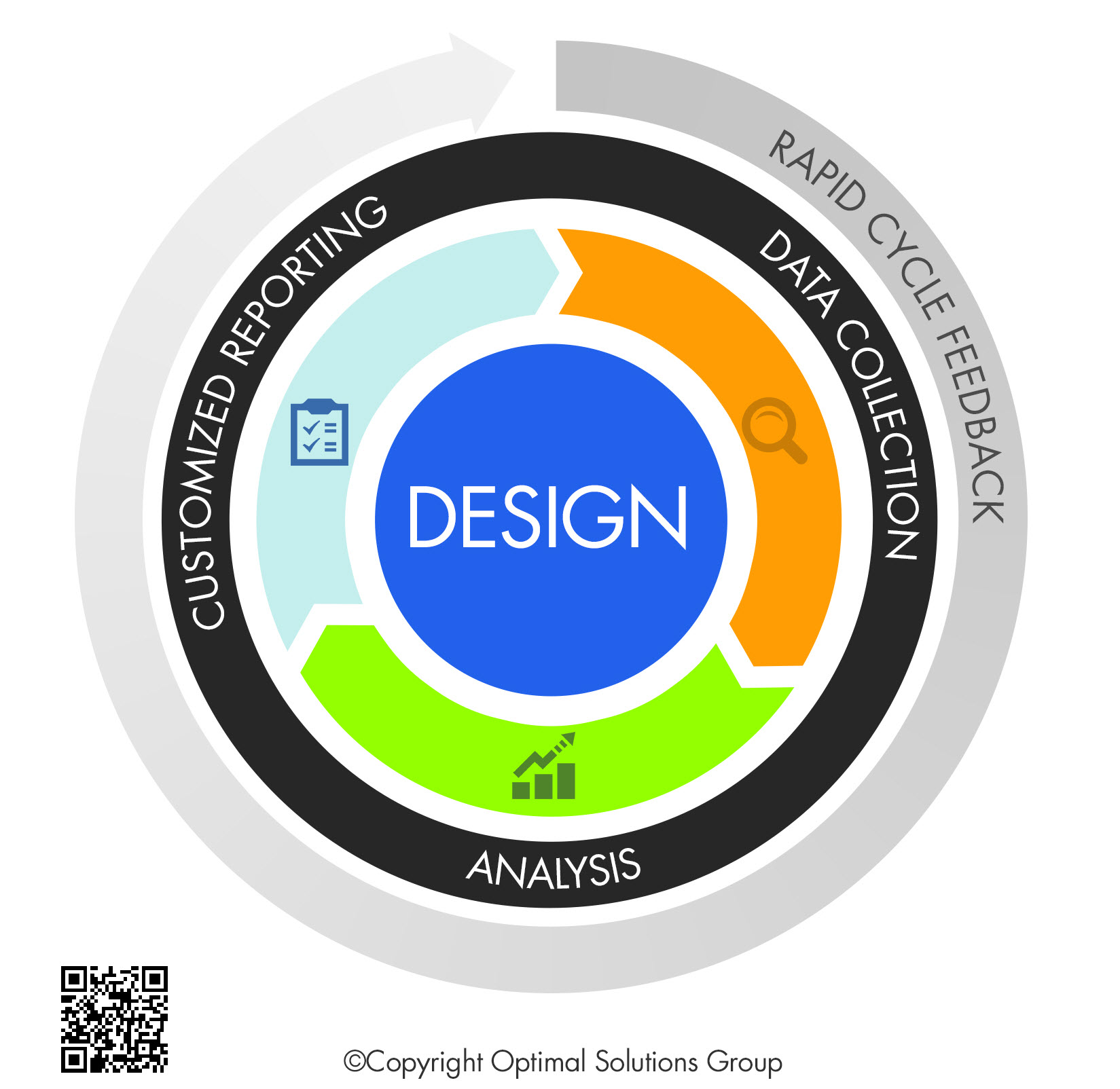USAID Education Strategy Secondary Analysis for Results Tracking (SART)

The United States Agency for International Development (USAID) 2011-2015 Education Strategy reiterated USAID’s commitment to promoting access to quality education for developing countries. Evidence continues to underscore the major role that education plays in promoting economic development, and as such this policy is important to promoting development around the world. It is grounded in three major goals:
- Goal 1: Improved reading skills for 100 million children in primary grades by 2015.
- Goal 2: Improved ability of tertiary and workforce development programs by 2015 to produce a workforce with relevant skills to support the country’s development goals.
- Goal 3: Increased equitable access to education in crisis and conflict environments for 15 million learners by 2015.[1]
The Education Strategy recognizes the need to provide evidence-based results regarding what works in the USAID-sponsored education programs, using methods detailed in the USAID Evaluation Policy that promote rigorous monitoring and evaluation strategies for all USAID programs.[2] To this end, the USAID Bureau for Economic Growth, Education, and the Environment’s Office of Education (E3/ED) contracted Optimal Solutions Group, LLC to facilitate the tracking of secondary data for Goals 1 and 3 of the USAID Education Strategy around the world.
To track the progress of these goals, Optimal is working with USAID Missions and implementing partners to gather early grade reading data at the student level to assess improvement in reading outcomes for Goal 1 and enrollment and retention data to assess increase in equitable access to education in conflict and crisis regions for Goal 3. Optimal obtained an Authority to Operate (ATO) and is developed the integrated SART Ed system to gather secondary data collected at the student and school level from implementing partners, mine program and intervention level data from relevant reports, gather administrative data reported by Miniseries of Education, and design instruments to collect information on beneficiaries of U.S. government support from USAID Missions. Once the data and documentation have been received through the SART Ed system, Optimal is assessing its quality and completeness, harmonizing the data received from different sources to create standardized datasets, analyzing the data to produce dynamic reports, and allowing users to download the standardized data in non-proprietary formats in accordance with the Open Data Act and USAID’s Open Data Guidelines. More importantly, Optimal, through the SART Ed system, is creating a central repository for reading and access data that not only fosters knowledge sharing but also breaks down traditional barriers of data analysis as stakeholders can now create customized reports that analyze data to meet their specific needs, which in turn builds their capacity to use data more effectively.
[1] USAID Education Strategy February 2011, available at https://www.usaid.gov/sites/default/files/documents/1865/USAID_Education_Strategy.pdf.
[2] USAID Evaluation Policy January 2011, available at https://www.usaid.gov/sites/default/files/documents/2151/USAIDEvaluationPolicy.pdf.




